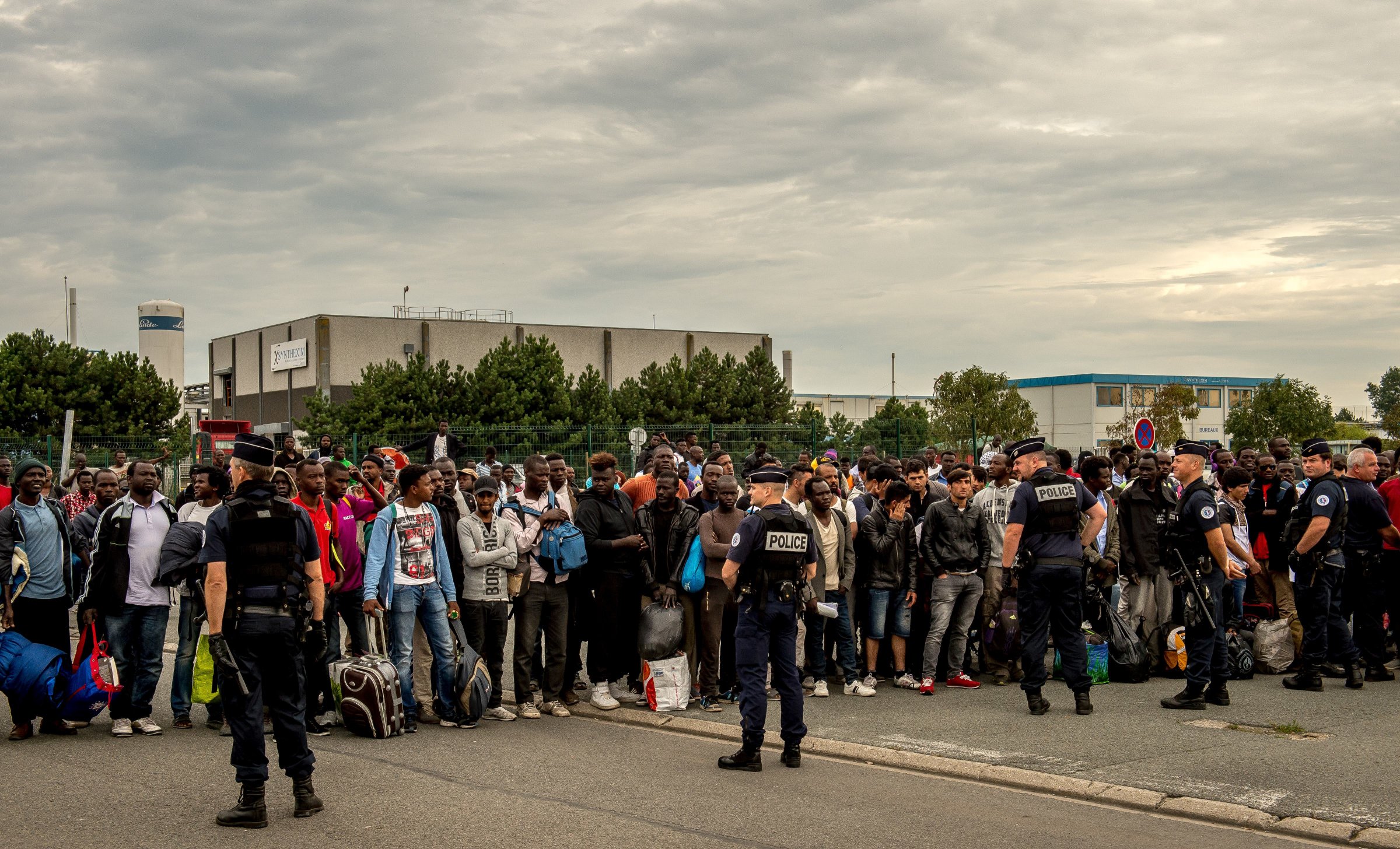
In the coming days, leaders from across the globe will meet in New York to determine the future of millions of vulnerable people. What happens there should not be lost in the noise of a presidential election.
We are proud to be playing a role in the two most significant of these gatherings—the U.N. Summit for Refugees and Migrants and the Obama Administration’s Leaders’ Summit on Refugees. Not since the U.N. Refugee Convention was drafted in 1951 have governments joined together on such a scale to address forced displacement, which today is at its greatest level since World War II.
Dealing with this crisis is both a moral imperative and a life or death proposition. The root causes of displacement—including disastrous trade and economic policies, crushing poverty, climate change, war, instability and violence—are pushing asylum seekers from the Middle East, Africa and Asia to board unsafe vessels bound for Europe or Australia. Central American children are being forced to undertake life-threatening journeys alone through North America.
Meanwhile, in Europe and the U.S., anti-immigrant, xenophobic sentiments are on the rise and opportunistic politicians are exploiting the real pain of working people by scapegoating immigrant families. The labor movement rejects these tactics and calls on our governments to welcome immigrants and refugees while directly addressing both the root causes of displacement and the lack of decent work in origin and destination countries.
Even in the face of nativist extremism, U.N. member states have adopted a political declaration calling for the creation of global compacts for refugee resettlement and “Safe, Orderly and Regular Migration,” to be negotiated over the next two years. But we are concerned the current proposals do not adequately address the crisis and may actually perpetuate some of the worst abuses migrants face today.
Governments continue to criminalize and detain migrant families, which only intensifies the demonization of those who seek nothing more than a better life. Most nations have also failed to expand protections for those who might not qualify as “refugees” but still fear to return home.
In addition, governments are not meeting their obligation to uphold fundamental labor standards. Initial language on the “Safe, Regular and Orderly Migration” compact calls for the implementation of planned and well-managed migration policies. Such commitments must not lead to an expansion of the type of temporary work visa programs that tie workers to specific employers and have been proven to lead to abuse and discrimination throughout the world. Instead of expanding failed models, worker and human rights must be at the center of any fair and just migration policy.
As labor leaders, we know firsthand that the protection of migrant rights is essential to achieving decent work across the board. Solidarity is the principle that drives workers of all backgrounds to come together to collectively make a positive change. It’s what compels us to demand equal treatment for all workers and denounce expressions of racism, xenophobia and intolerance. As these summits commence, we will continue to demand more from our world leaders and urge them to use this process to build a more equitable and prosperous world.
More Must-Reads From TIME
- The 100 Most Influential People of 2024
- Coco Gauff Is Playing for Herself Now
- Scenes From Pro-Palestinian Encampments Across U.S. Universities
- 6 Compliments That Land Every Time
- If You're Dating Right Now , You're Brave: Column
- The AI That Could Heal a Divided Internet
- Fallout Is a Brilliant Model for the Future of Video Game Adaptations
- Want Weekly Recs on What to Watch, Read, and More? Sign Up for Worth Your Time
Contact us at letters@time.com